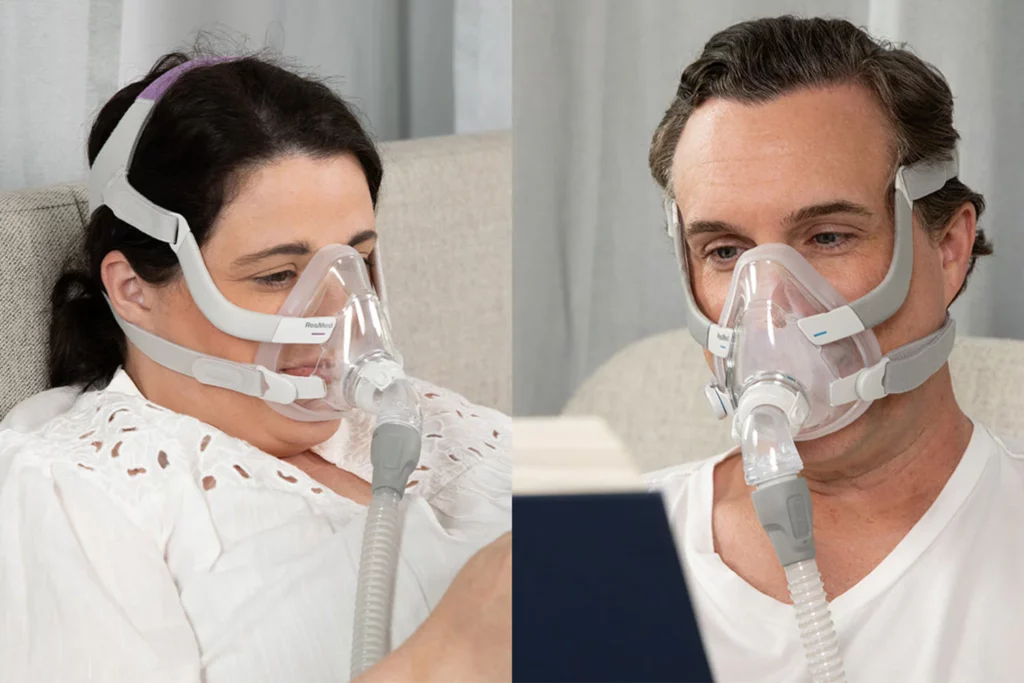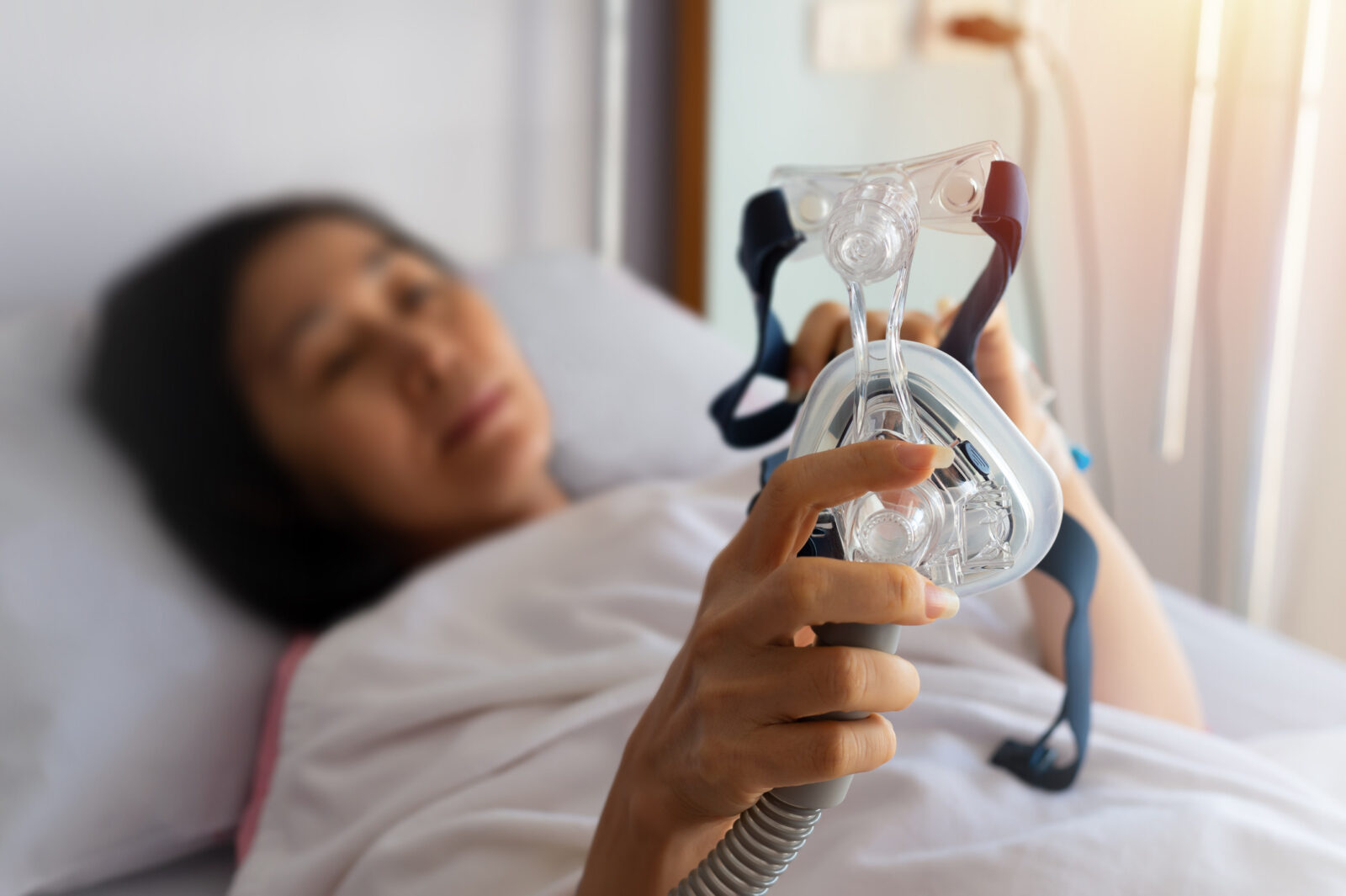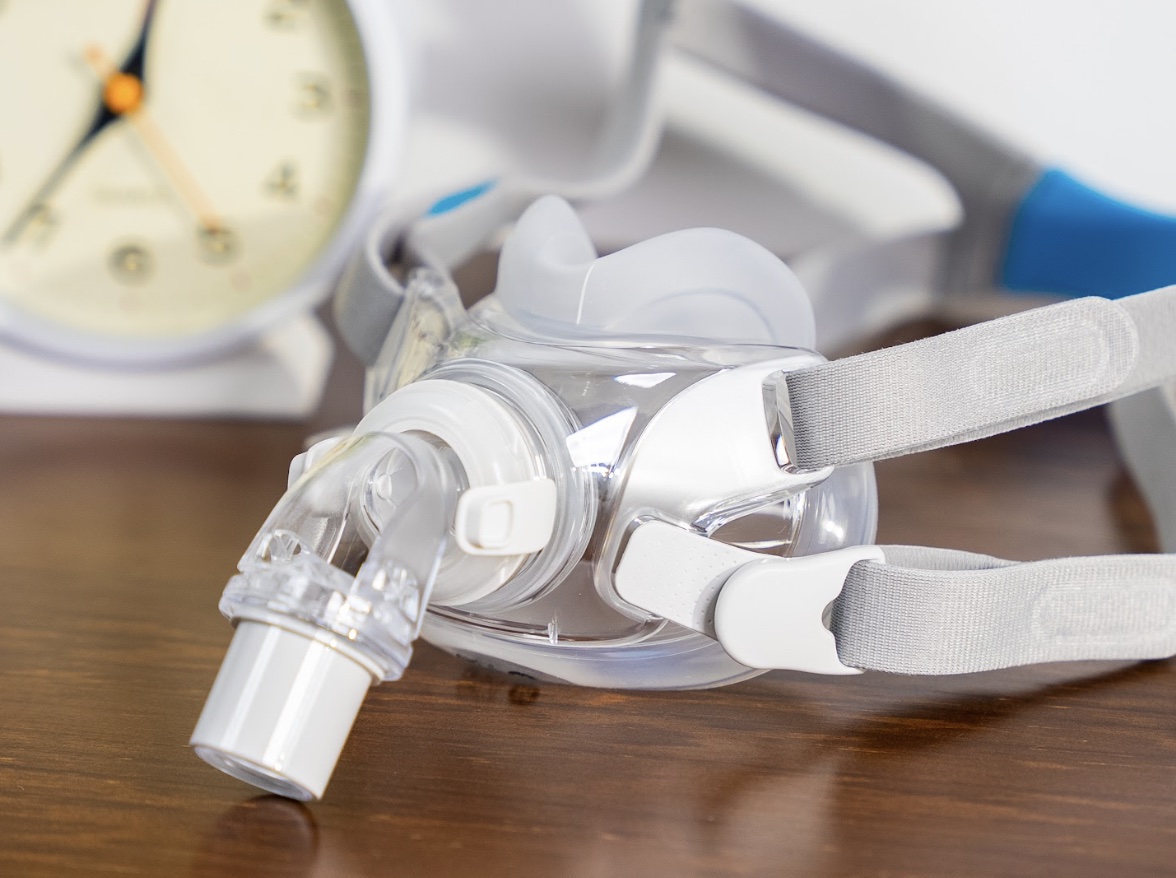For people with sleep apnea, finding the right treatment is crucial for improving both sleep quality and overall health. CPAP machines (Continuous Positive Airway Pressure) are one of the most commonly prescribed treatments for sleep apnea. These devices provide a steady stream of air to keep the airways open during sleep, preventing interruptions in breathing. In this article, we’ll explore how CPAP machines work, the different types available, and how to choose the best one for your specific needs.
What is Sleep Apnea and How CPAP Machines Help
Sleep apnea is a serious sleep disorder where a person’s breathing repeatedly stops and starts throughout the night. There are three types of sleep apnea:
See more: CPAP Mask Brands Reviewed: Which One Is Right for You?
- Obstructive Sleep Apnea (OSA): The most common form, caused by a blockage of the upper airway, often due to the relaxation of throat muscles.
- Central Sleep Apnea: Occurs when the brain fails to send proper signals to the muscles that control breathing.
- Complex Sleep Apnea: A combination of obstructive and central sleep apnea.
CPAP machines are designed to treat obstructive sleep apnea by maintaining a constant airflow through the airway during sleep. This prevents the airway from collapsing, ensuring the user’s breathing remains uninterrupted throughout the night. By doing so, CPAP machines can significantly improve sleep quality, reduce snoring, and lower the risk of complications like high blood pressure, heart disease, and stroke.
Types of CPAP Machines
There are different types of CPAP machines, each offering distinct features to suit specific needs. Here’s a breakdown of the most common types:
- Standard CPAP (Continuous Positive Airway Pressure):
- Delivers a constant stream of air at a fixed pressure.
- Benefits: Simple and reliable, effective for most people with obstructive sleep apnea.
- Drawbacks: Fixed pressure may not be suitable for everyone, especially those whose needs change throughout the night.
- Auto-CPAP (Auto Adjusting CPAP):
- Automatically adjusts the air pressure based on detected breathing patterns.
- Benefits: Provides more comfort by adapting to the user’s needs, ensuring optimal pressure throughout the night.
- Drawbacks: More expensive than standard CPAP machines.
- BiPAP (Bilevel Positive Airway Pressure):
- Provides two levels of pressure: higher pressure for inhalation and a lower one for exhalation.
- Benefits: Ideal for people with complex sleep apnea or those who have trouble exhaling against the pressure of a standard CPAP.
- Drawbacks: Typically more expensive and may require more specialized settings.
How to Choose the Right CPAP Machine
Selecting the right CPAP machine is an important decision and should be based on your specific needs. Here are a few factors to consider:
- Comfort: Look for a CPAP machine that offers adjustable settings, such as ramp features (to gradually increase air pressure) and a quiet motor to ensure comfort during the night.
- Noise Level: If you or your partner are sensitive to noise, opt for a quieter model. Many newer machines are designed to be virtually silent.
- Portability: For travelers, a compact and lightweight machine is essential. Some CPAP machines are designed to be easily packed in a carry bag, making them convenient for travel.
- Price: Standard CPAP machines are typically more affordable, while Auto-CPAP and BiPAP models come with a higher price tag due to their advanced features.
It’s important to discuss your specific sleep apnea needs with your healthcare provider, who can recommend the most suitable CPAP machine based on your individual circumstances.
CPAP Machine Setup and Usage
Setting up your CPAP machine properly is key to ensuring it works effectively. Here’s how to do it:
- Unbox and Assemble: Connect the machine to the power source, and attach the tubing to both the machine and the mask. If your CPAP has a humidifier, connect that as well.
- Adjust Pressure Settings: Your healthcare provider will set the appropriate pressure for a standard CPAP machine. For Auto-CPAP, the device will automatically adjust the pressure based on your breathing patterns.
- Fit the Mask: Choose the right mask for your comfort—whether it’s a nasal mask, nasal pillows, or full-face mask. Ensure the mask fits snugly to avoid air leaks.
- Start Using It: Power up the device and allow it to run throughout the night. Make sure to use the machine consistently for the best results.
Troubleshooting Tips:

- Air Leaks: If you notice air leaks, adjust the mask straps or check for damage in the mask or tubing.
- Dry Mouth: If you experience dry mouth, try using a humidifier or switch to a full-face mask.
- Discomfort: A new mask or machine might feel uncomfortable at first. Allow time for adjustment, and try different mask types for better comfort.
CPAP Machine Accessories and Maintenance
To keep your CPAP machine in optimal condition, it’s essential to clean and maintain the accessories:
- Masks: Clean your mask daily with warm, soapy water. Replace it every 6 to 12 months to ensure hygiene and comfort.
- Tubing: Clean the tubing weekly with mild soap and water. Replace it every 6 to 12 months to avoid mold and bacteria buildup.
- Filters: Replace the air filters monthly to maintain proper airflow and efficiency.
- Humidifiers: If your CPAP machine includes a humidifier, clean the water chamber every week to avoid the growth of bacteria.
Regular maintenance is important to ensure the machine continues to function properly and that you’re getting the full benefits of your CPAP therapy.
Benefits of Using a CPAP Machine
The benefits of using a CPAP machine extend beyond just improving your sleep. Here are some of the major advantages:
- Improved Sleep Quality: CPAP therapy eliminates the disruptions caused by apnea events, allowing for more restful, continuous sleep.
- Better Health: Consistent CPAP use lowers the risk of serious conditions like high blood pressure, heart disease, stroke, and diabetes.
- Increased Daytime Energy: With better sleep, you’ll experience greater energy levels, improved focus, and enhanced mood during the day.
- Snoring Reduction: CPAP machines can significantly reduce or even eliminate snoring, leading to better sleep for both you and your partner.
Common CPAP Machine Problems and How to Solve Them
While CPAP machines are generally reliable, there are a few common issues that users may encounter:
- Air Leaks: Make sure the mask is fitted correctly. Adjust the straps or try a different mask type if necessary.
- Dry Mouth: Use a heated humidifier or try a full-face mask to prevent dry mouth.
- Discomfort: If the mask or machine feels uncomfortable, experiment with different mask types or use mask cushions for added comfort.
Cost of CPAP Machines and Insurance Coverage
CPAP machines can vary significantly in price depending on the type and features:
- Standard CPAP Machines: Typically cost between $200 and $800.
- Auto-CPAP Machines: Range from $500 to $1,500.
- BiPAP Machines: Can cost $1,000 or more.
Many insurance plans cover the cost of CPAP machines when they are medically prescribed. Be sure to check with your insurance provider to find out what’s covered and what your out-of-pocket costs might be.
Conclusion
Choosing the right CPAP machine for your sleep needs is essential for effective treatment. Whether you opt for a standard CPAP, an Auto-CPAP, or a BiPAP machine, selecting the right device will help you achieve better sleep, improve your overall health, and reduce the risks associated with sleep apnea. Consult with your healthcare provider to determine the best machine for you, and be sure to maintain your CPAP device to ensure optimal performance. With the right machine, you can start sleeping better and living healthier.


